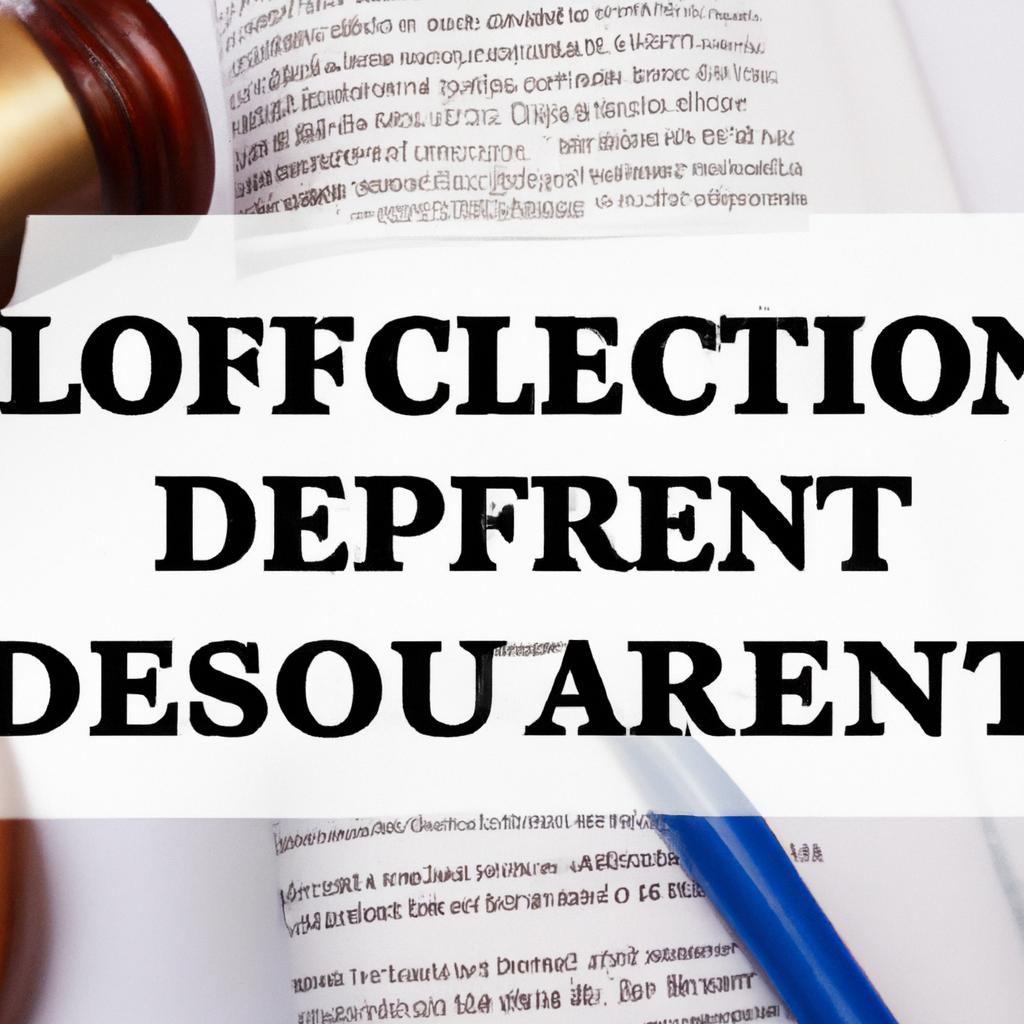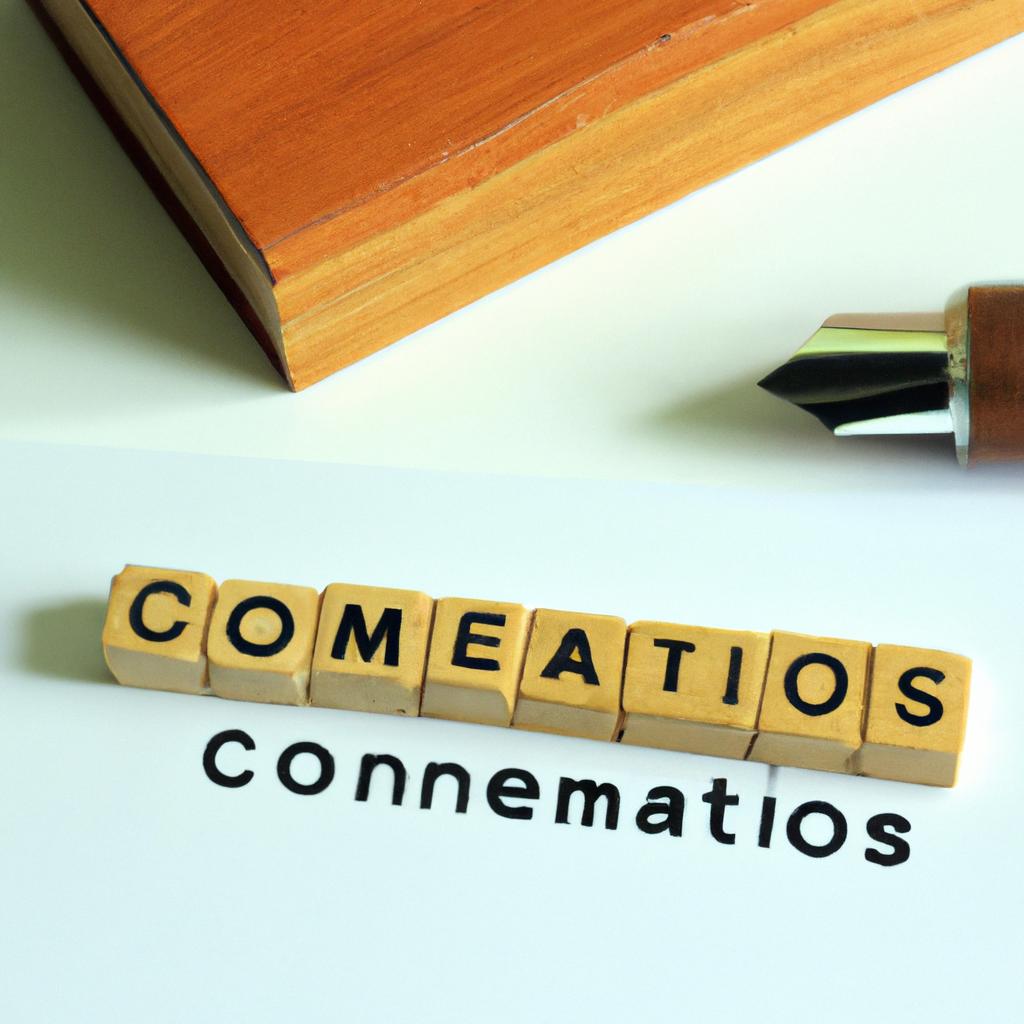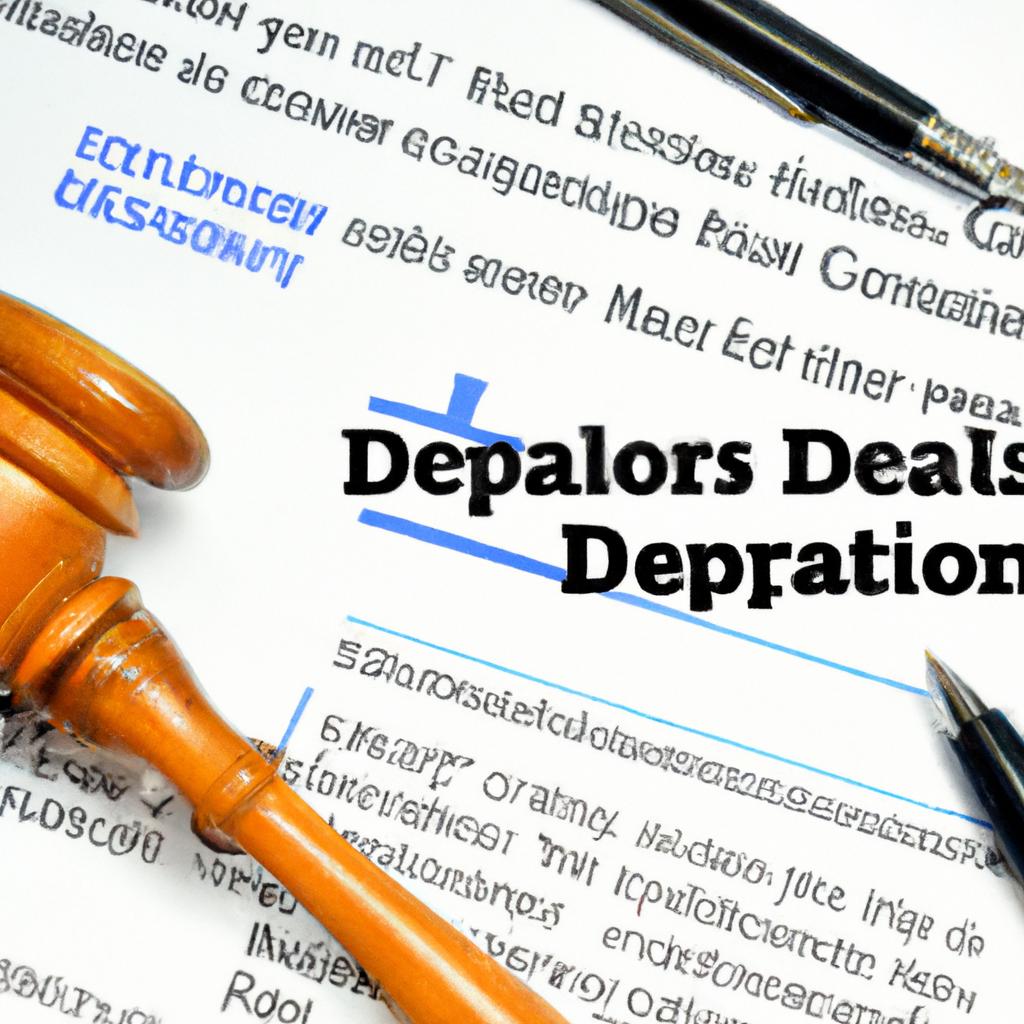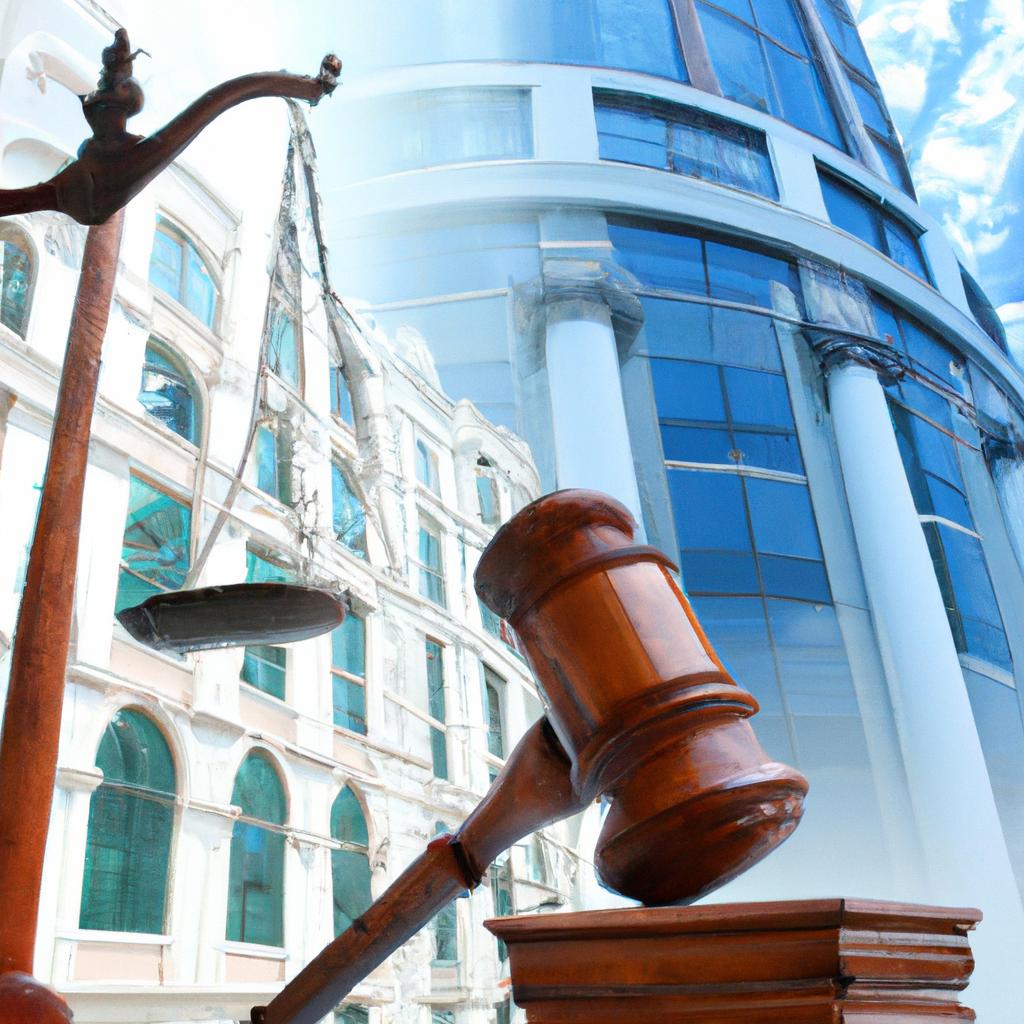In the vast and intricate world of real estate transactions, the importance of ensuring accurate and legally binding documents cannot be overstated. One key tool in rectifying errors or omissions in property deeds is the corrective deed. In the state of New York, this legal instrument plays a crucial role in correcting mistakes and deficiencies in property titles, ensuring clarity and security for all parties involved. As experienced practitioners in the field of estate law, Morgan Legal Group is well-versed in the nuances of corrective deeds and the pivotal role they play in safeguarding property rights. Join us as we delve into the intricacies of corrective deeds in New York, exploring their significance and potential implications for property owners and investors alike.
Understanding Corrective Deed Procedures in New York
When it comes to , it is crucial to ensure that all necessary steps are taken to rectify any errors or discrepancies in a property deed. A corrective deed, also known as a deed of correction or correction deed, is a legal document used to make changes to an already recorded deed. This process is essential for maintaining the accuracy and validity of property ownership records.
One important aspect to consider when dealing with corrective deeds in New York is the requirement of legal formalities. It is crucial to ensure that the corrective deed is properly executed and notarized to be considered valid. Additionally, the corrected information must be clearly stated, with references made to the original deed for clarity. By following the correct procedures and guidelines, property owners can avoid potential disputes and ensure that their property records are accurate and up-to-date.

Common Reasons for Corrective Deeds in Real Estate Transactions
When it comes to real estate transactions, there are several common reasons why corrective deeds may be necessary. These include:
- Errors in the original deed: Sometimes, mistakes are made when drafting the original deed, such as incorrect names, misspelled addresses, or inaccurate legal descriptions.
- Missing signatures: If all parties involved did not sign the deed, a corrective deed may be needed to rectify this oversight.
- Boundary disputes: In cases where there are disputes regarding property boundaries, a corrective deed can help clarify and resolve any issues.
It is essential to address any errors or discrepancies promptly through a corrective deed to ensure the legal validity of the real estate transaction. Our team at Morgan Legal Group in New York specializes in handling corrective deeds and other real estate legal matters with precision and expertise. Contact us today for assistance with your corrective deed needs.

Navigating Legal Requirements for Filing Corrective Deeds in New York
When it comes to filing corrective deeds in New York, it is essential to navigate the legal requirements diligently to ensure that the process is completed correctly. One crucial aspect to consider is the identification of the errors in the original deed that need to be corrected. Whether it is a misspelled name, incorrect legal description, or a missing signature, it is vital to pinpoint the precise discrepancies that necessitate the filing of a corrective deed.
Additionally, it is important to follow the specific procedures outlined by the New York State laws for filing corrective deeds. This includes drafting the corrective deed with the correct information, obtaining the necessary signatures from all parties involved, and filing the deed with the appropriate county clerk’s office. By adhering to these legal requirements and procedures, you can ensure that your corrective deed is properly filed and legally valid.

Consulting with Experienced Attorneys for Proper Execution of Corrective Deeds
When it comes to property transactions, the proper execution of corrective deeds is crucial to ensure that the transfer of ownership is legally binding and accurately reflects the intentions of the parties involved. In New York, consulting with experienced attorneys is essential to navigate the complexities of real estate law and avoid potential pitfalls that may arise during the correction process.
At Morgan Legal Group, our team of seasoned attorneys has a wealth of experience in handling corrective deeds in New York. We understand the importance of meticulous attention to detail and thorough legal analysis to achieve the desired outcome for our clients. By working with us, you can ensure that your corrective deed is drafted accurately and executed in compliance with all legal requirements.
Q&A
Q: What is a corrective deed in New York?
A: A corrective deed in New York is a legal document used to correct errors or omissions in a previously recorded deed.
Q: What are some common reasons for needing a corrective deed?
A: Some common reasons for needing a corrective deed include misspelled names, incorrect property descriptions, or missing signatures on the original deed.
Q: How is a corrective deed different from an amendment or modification?
A: A corrective deed is used to make minor corrections to a deed, such as fixing typos or errors in the legal description of the property. An amendment or modification, on the other hand, is used to make more substantial changes to the terms of the original deed.
Q: Do I need to hire a lawyer to prepare a corrective deed?
A: While it is not required to hire a lawyer to prepare a corrective deed, it is highly recommended to ensure that the document is properly drafted and executed to avoid any potential legal issues in the future.
Q: How do I file a corrective deed in New York?
A: To file a corrective deed in New York, you will need to follow the same procedures as recording a regular deed, including submitting the document to the county clerk’s office along with the appropriate filing fees.
Q: Will filing a corrective deed affect my property taxes or mortgage?
A: Filing a corrective deed should not have any impact on your property taxes or mortgage, as it simply corrects errors in the original deed and does not change the ownership or terms of the property.
In Retrospect
In conclusion, understanding the process of correcting a deed in New York is essential for ensuring clarity and accuracy in real estate transactions. By following the proper procedures and seeking the assistance of legal professionals when needed, property owners can avoid potential disputes and ensure that their deeds accurately reflect their ownership rights. Whether amending a mistake or updating information, a corrective deed can provide peace of mind and protect your investment for years to come. Remember, when it comes to your property, accuracy is key.

